Cysts
Understanding Cysts: What You Need to Know
A cyst is a general term for a sac filled with fluid, semi-fluid, or keratin that forms within skin tissue and can appear anywhere on the body. Cysts vary in size, with some being tiny and others potentially becoming significant if left untreated, either cosmetically or functionally. There are hundreds of types of cysts, often named based on their location, such as ovarian cysts, pancreatic cysts, and pericardial cysts.
Most skin cysts are benign and typically respond well to dermatologic treatments. However, it's important to note that some lesions resembling cysts may actually be tumors and could be malignant.
At Cumberland Skin, our dermatology experts are here to accurately diagnose and create the appropriate treatment plan for your specific needs. Explore more about cysts below, and don't hesitate to schedule an appointment for your skin evaluation.
Examples of Cysts
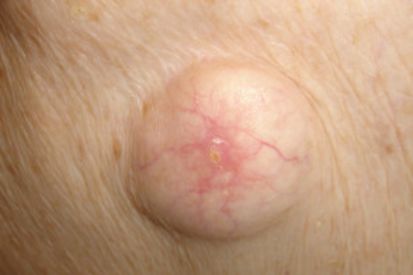
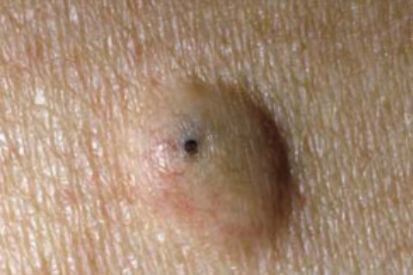
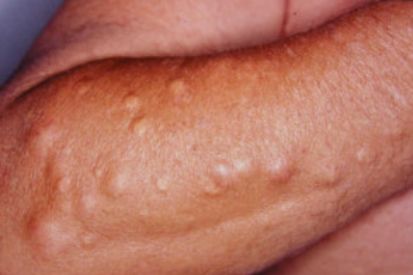
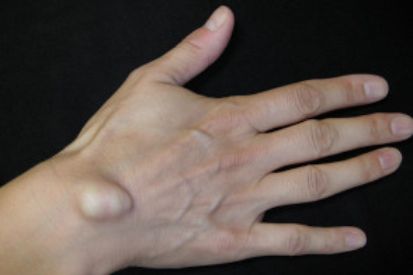
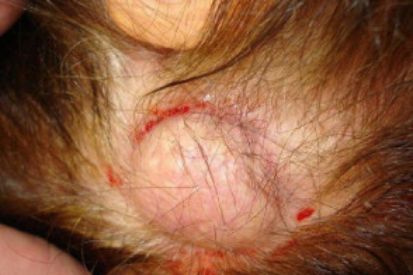
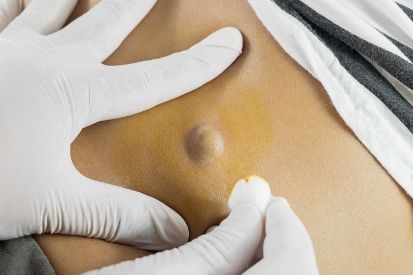
Symptoms of Cysts
- An abnormal lump on the surface or just below the skin.
- Slow-growing, painless and smooth to the touch when they are rolled under the skin.
- Cysts can appear anywhere, but generally appear on the face, neck, trunk and genital area.
What Causes Cysts?
- Cysts are caused blockage of ducts or glands in the body.
- Infection, leading to the formation of an abscess or cyst.
- Chronic inflammatory conditions.
- Genetic conditions that predispose individuals to cyst formation.
- Certain medications or drugs.
- Tumors or developmental abnormalities.
Cyst Prevention
- Practice good skin hygiene: reduces the risk of infections that may lead to cysts.
- Avoid skin trauma and injuries: minimizes the chances of cyst formation.
- Refrain from picking or squeezing the skin: prevents irritation and potential cyst development.
Frequently Asked Questions: Cysts
Some cysts may naturally resolve without treatment, particularly if they are small and asymptomatic. However, many cysts do persist and might need medical attention. If a cyst becomes bothersome, inflamed, or starts growing, it’s advisable to consult a dermatologist for evaluation and proper management.
Not all cysts require removal, particularly if they are small, asymptomatic, and not causing cosmetic concerns. However, removal may be recommended if a cyst becomes infected, inflamed, or if there are cosmetic reasons for removal.
Cyst removal is typically a minor surgical procedure performed by a dermatologist. The procedure may involve:
- Local anesthesia to numb the area.
- Incision and drainage for fluid-filled cysts.
- Excision.
In some cases, the removed cyst may be sent for laboratory analysis to confirm the diagnosis. Proper postoperative care is essential to minimize the risk of infection.
Most cysts are non-cancerous (benign). However, the presence of a cyst does not rule out the possibility of other skin conditions or tumors. A dermatologist can evaluate the cyst and recommend further testing or removal if necessary.
How to Treat Cysts
- Practice good skin hygiene to reduce the risk of infections that may lead to cysts.
- Avoid skin trauma and injuries to minimize the chances of cyst formation.
- Refrain from picking or squeezing the skin to prevent irritation and potential cyst development.
Related Blog Posts
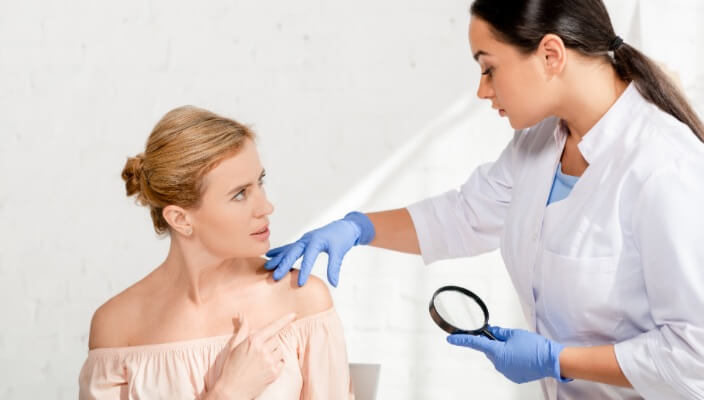
- Skin Cancer
- General Dermatology
- Chronic Skin Conditions
Learn more about the most common types of skin lesions we see at Cumberland Skin and how our dermatologists remove them.
Read More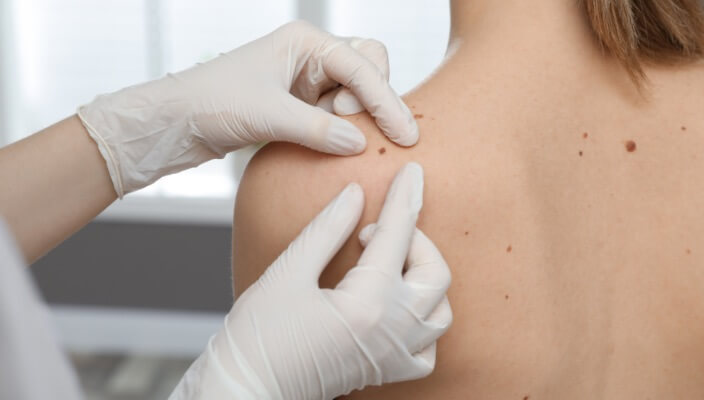
- General Dermatology
- Skin Exams
Preparing for your first dermatology appointment is important because it ensures everything goes as smoothly as possible and that your doctor is up-to-date on the status of your overall health and wellbeing. Here are our expert tips.
Read More
- Skin Care
- Cosmetic Treatments
Unlock the secrets to achieving radiant, glowing skin. Explore expert tips and skincare routines tailored to nourish and revitalize your complexion, empowering you to embrace a luminous and youthful appearance.
Read MoreFeatured Products
Check your local office for current stock!
Check your local office for current stock!


